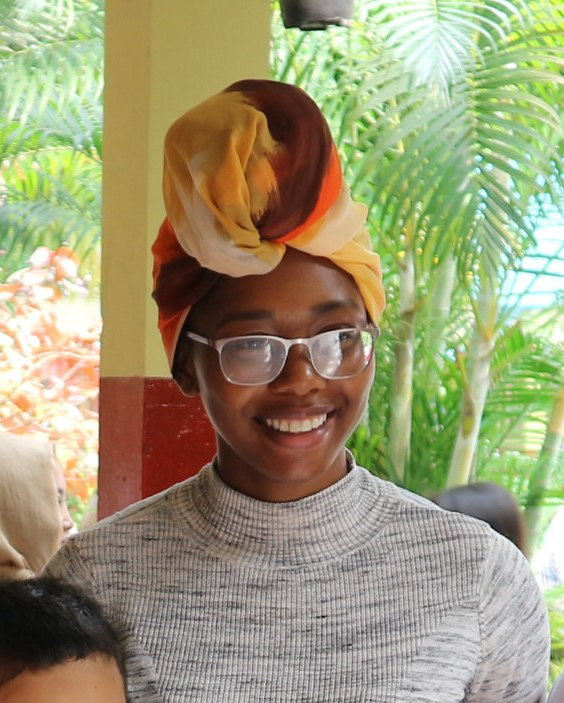In this post, recent Civil Engineering graduate Jasmine gives us a brief overview of what the first year of the degree is like to study.

What Should I Bring to Lectures?
In First Year, the main thing to bring to lectures is something with which to take notes and something on which to take notes. You’re given a tablet with a stylus during Induction Week which you can use for the rest if your degree. If you are going to use your tablet, bring the charger with you as first year has the most contact hours compared to the following years, and most days start at 9 a.m. and end at 5 p.m. However, if you prefer using a pen and paper, make sure to bring along a pencil with you to lectures as we draw a lot of diagrams.
Just as important is a calculator. Before you start the course, make sure that you have the correct calculator as there are only certain types that are allowed in assessments:
- Casio FX-83
- Casio FX-85
- Casio FX-115
Throughout the degree, we use calculators in lectures, labs, field practicals, etc. So using the correct calculator during the course will help you during exams as you will already know how to operate your calculator so you won’t waste any time trying to figure it out.
Exams and Coursework
This year is 60% written exams and 40% coursework. Because tests are considered coursework, there was actually a lot more studying in Year 1 than I expected. Other coursework included reports and presentations, which I found to be particularly nerve-wracking at first, but really helped with my confidence and presentation skills.
In my experience, going to lectures really helps with studying because you will have had the information explained to you at least once by the time you get to revision. I also found that asking questions during lectures and practicals is a great way to engage with the work and definitely helped me with my understanding.
If you have a disability, specific learning difficulty, mental health condition or injury, make sure to contact the University’s Student Health and Wellbeing service as soon as possible to discuss alternative arrangements for exams.
Where to Get Academic Support
The Writing Development Centre offers advice and guidance on writing and works with students form all years and disciplines. Maths-Aid provides tutors who can help undergraduate and taught postgraduate (PGT) students from all disciplines, except those who are in the School of Maths and Statistics. Appointments are available throughout the academic year (except for weekends and University closure days). You can find more information on, and contact both through the Academic Skills Kit Website: https://internal.ncl.ac.uk/ask/.